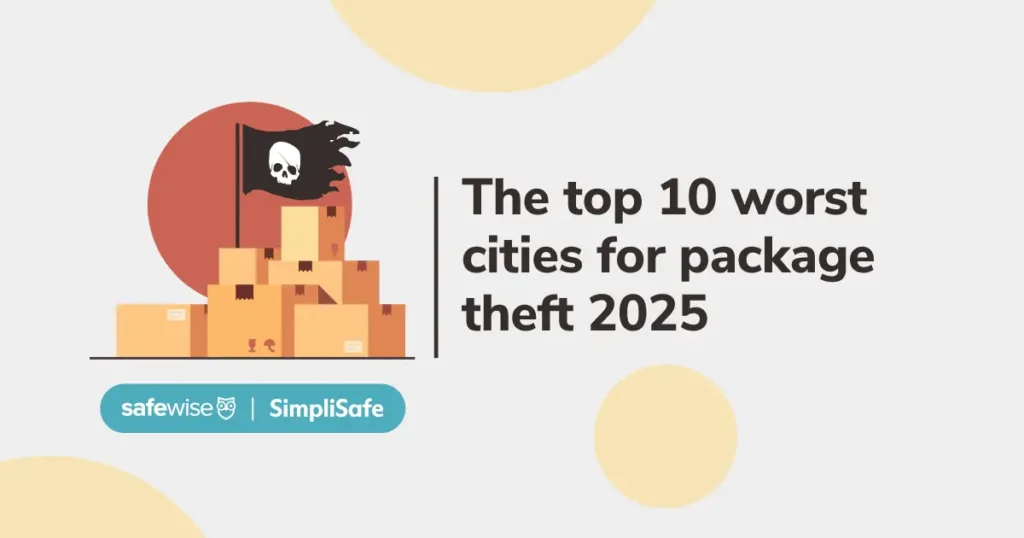Big data breaches make headlines more often than we’d like, making it clear that the companies we trust with our information can’t protect us from an attack. That makes it our responsibility to take actions that will help prevent identity theft. Knowing what to look for—and what you can do about identity theft—is the best way to keep your personal data out of the hands of hackers.
How Do I Prevent Identity Theft Online?
For over 12 years, SafeWise has conducted independent research and testing to write unbiased, human reviews (not robots). Read our methodology.
By signing up, you agree to our Terms and Conditions and Privacy Policy.
What is identity theft?
Identity theft is when someone accesses your personal information and uses it for financial gain. Personal data or financial information that is entered online can be a smorgasbord for identity thieves on the prowl.
The stolen information can be anything from your full name and birthdate to your Social Security number and banking information. Identity thieves can use this data to tap into your bank account, open new credit accounts in your name, or charge up your existing credit cards.
How to spot identity theft
The bad news is that identity thieves are sneaky, and identity theft can happen without much fanfare. That’s why it’s important to know what to look for so you can stop identity theft before it takes a big toll on your finances.
Know your finances
Make it a habit to regularly check your credit report, checking and savings account statements, phone bills, utility bills, loan account statements, credit card bills, and government benefit statements.
Recognize the warning signs
As you review your accounts, keep an eye out for new applications made in your name, unauthorized charges or withdrawals, notices from debt collection agencies, bills for accounts you didn’t open, and unusual activity on your Social Security number.
How to prevent identity theft
The good news is that there are things you can do to minimize your risk of identity theft—especially when you’re online.
- Set up alerts on your accounts to keep you apprised of any unusual activity.
- Use an identity theft protection service.
- Protect your home Wi-Fi network with strong passwords.
- Only use secure websites for online shopping.
- Never transmit sensitive data over a public Wi-Fi network.
- Use complex passwords and two-step authentication on all devices and online accounts, including social media.
- Keep track of passwords with a secure password manager.
- Store sensitive information like bank statements and your Social Security card in a secure location like an in-home safe or safety deposit box.
- Install anti-malware and antivirus software on your computer to protect you from harmful downloads like keyloggers.
- Review the latest online scams and how to avoid them.
Compare the best internet security products
Amazon.com price as of post date. Offers and availability may vary by location and are subject to change. Read full disclaimer.
*First year only. Regular price $99.48/yr.
**First year only. Regular price $59.99/yr.
Recent Articles




